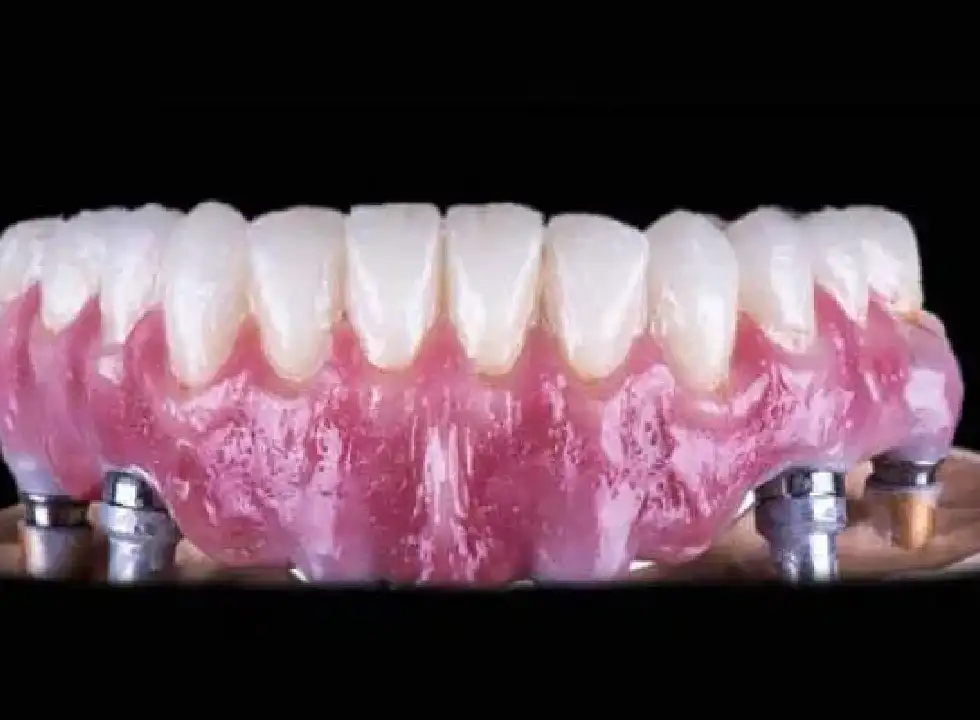
You’ve researched and decided that dental implants are the best option for your missing teeth. Congratulations! The next step is to schedule a visit to a dental implant clinic near me. This can be a nerve-wracking experience, especially if it’s your first time undergoing any type of dental procedure. But don’t worry, we’re here to guide you through what to expect during your first visit.
Step 1: Consultation
Your first visit will most likely be a consultation with the dentist or oral surgeon who will be performing the procedure. They will examine your mouth and take X-rays to evaluate the condition of your jawbone and remaining teeth. They may also ask about your medical history and any medications you are currently taking. This is an important step to ensure that you are a good candidate for dental implants and to come up with a personalized treatment plan.
Step 2: Treatment Plan Discussion
After the examination, your dentist will discuss their findings with you and go over the different treatment options available. They will also provide you with a breakdown of the cost and timeline for each option. Be sure to ask any questions or voice any concerns during this discussion, as it’s important to have a clear understanding of the process before moving forward.
Step 3: Preparing for Surgery
If you decide to move forward with dental implant surgery, your dentist will give you instructions on how to prepare for the procedure. This may include avoiding certain foods, medications, or activities leading up to the surgery date. They may also prescribe antibiotics or pain medication to take before and after the surgery.
Step 4: Surgery Day
On the day of your surgery, you will be given local anesthesia to numb the area where the implant will be placed. If you are feeling anxious or nervous, your dentist may also offer sedation options such as oral sedation or nitrous oxide (laughing gas). The dental implant placement typically takes about 30-60 minutes per implant.
Step 5: Recovery and Follow-Up Visits
After the surgery, it’s normal to experience some discomfort and swelling for a few days. Your dentist will provide you with instructions on how to care for the surgical site and manage any discomfort. They will also schedule follow-up visits to monitor your healing progress and check the stability of the implant.